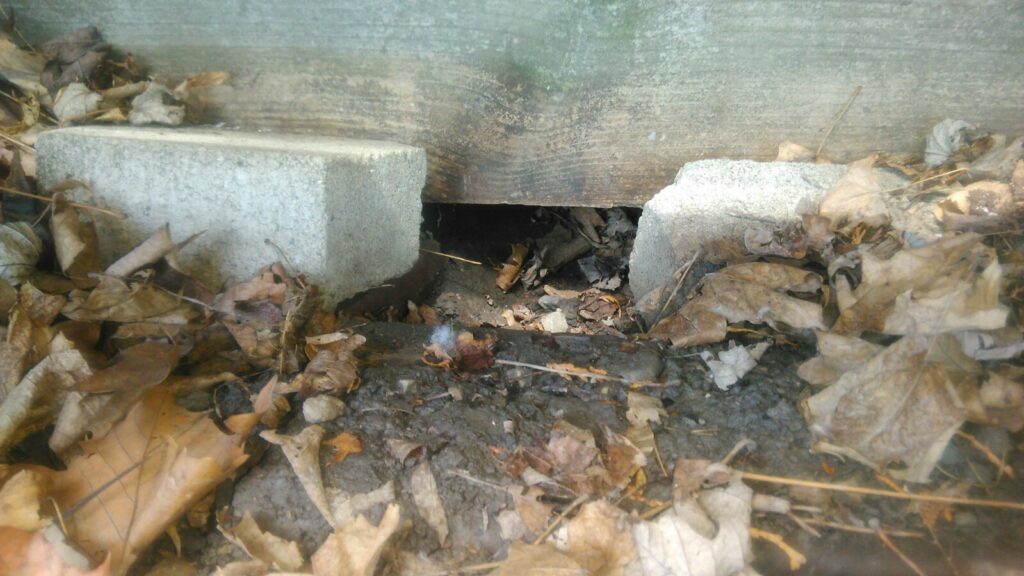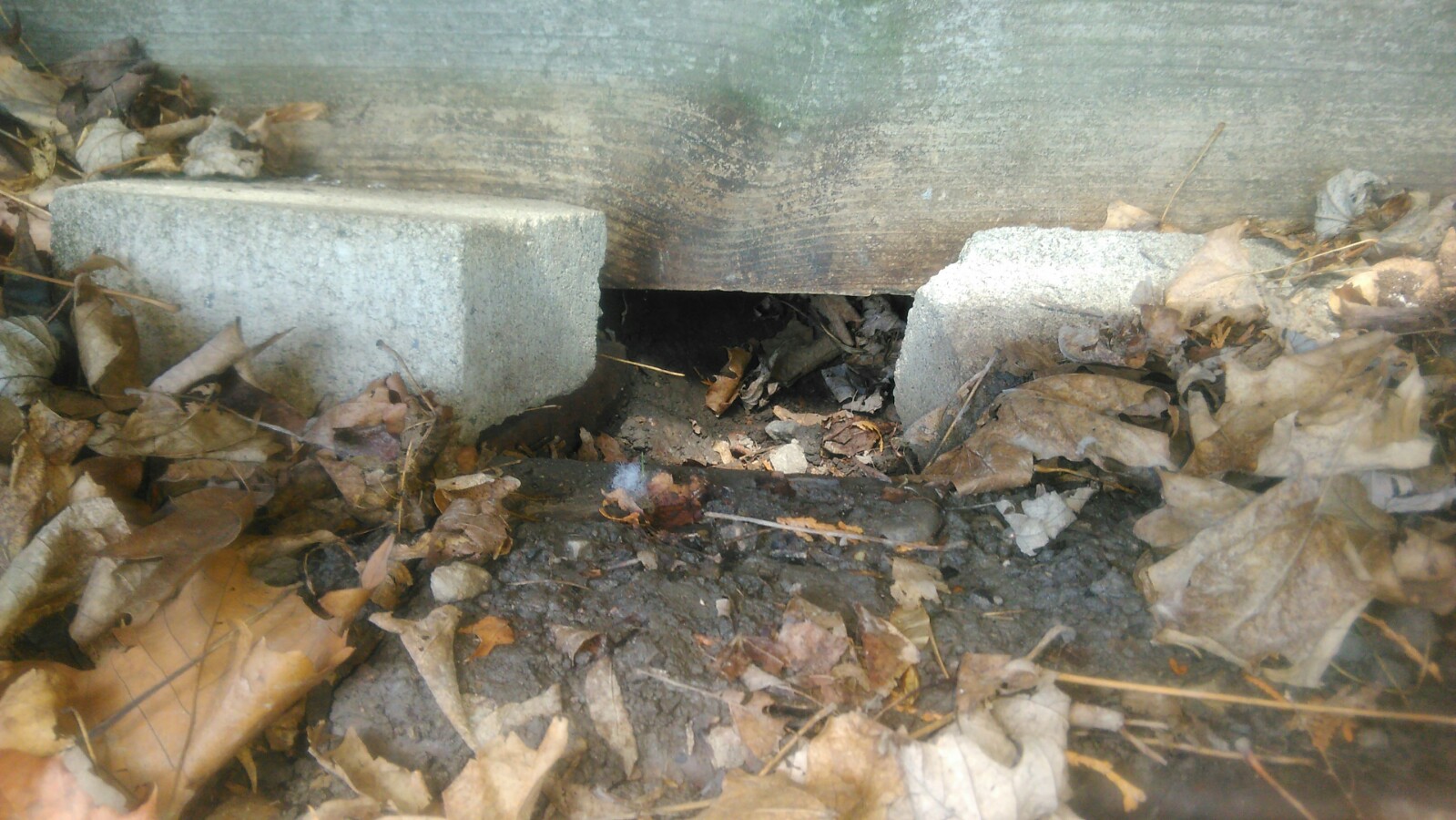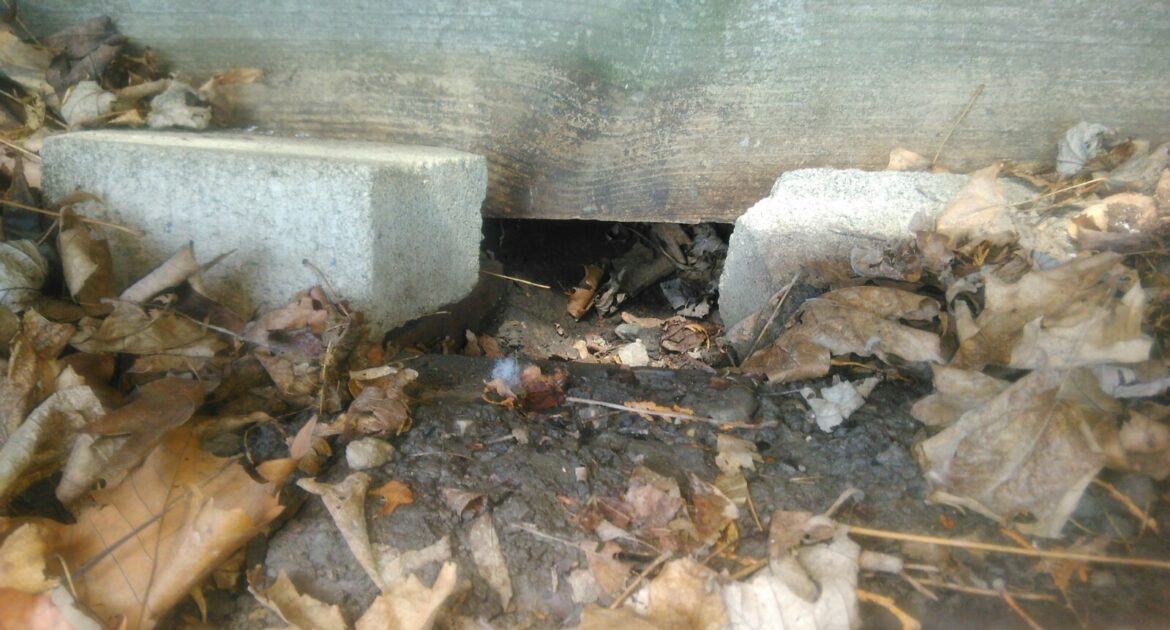Despite popular opinion, skunks are born to dig holes. They rarely use the stink spray that they are famous for created in glands located in their anus. In fact, skunks try to avoid using their spray at all costs. However, their long-clawed feet are beneficial in their daily lives and frequently put to work by the skunk for many different uses. Skunk holes in Niagara are just one way that skunks use their claws; foraging for food is another. Find out more about how skunks use their claws and how to keep skunks away from your property to avoid damage.
How Skunks Use Their Claws
The danger of using their stinky spray, also known as skunk spray, thiols, thioacetate, or n-butyl mercaptan, is that once it is depleted, it’s gone for up to two weeks. Skunks without their spray are vulnerable to predators. Since skunks are only the size of a typical house cat, they prefer to reserve their spray for authentic predator situations rather than spray at will for everyday meeting purposes.
Skunks use their claws far more frequently. While using their claws as defense is a last-ditch effort, it can be an effective one once the spray has been exhausted. Skunks have ridiculously sharp claws that are absurdly long and strong for their little bodies. The claws are only matched by their sharp little teeth that can really cause some damage if a predator decides they want to test a hypothesis at their earliest convenience.
Food
Skunks use their sharp claws to forage for food. Your lawn does not benefit from this. Skunks will scratch up the top layer of grass to unearth grubs, worms, and other insects to feast on for a light snack. However, if the skunk feels a more substantial hunger and happens to be after a burrowing animal, like a mouse or a shrew, they will go in with their claws to dig deep after the rodent. The damage to your lawn could be extensive and take quite some time and money to repair.
Shelter
Skunks are burrowing animals. Often, they will use the abandoned dens of other animals that have gone elsewhere. Sometimes, however, there are no rooms at the inn, and skunks have to create their own home sweet home. Most of the time, skunks will seek out lodging that is relatively close to a food source. Trees near river banks with ample insects and grubs or woodpiles near old barns with plenty of mice and vols are popular burrowing areas.
Your house, unfortunately, can also be a popular nesting spot for skunks. While they likely won’t try to make their way in and set up shop in the attic or garage, they might try to burrow under the porch. Skunks have also been known to burrow underneath and snatch an egg or two for dinner if you have a chicken coop nearby. If not, your trash will suffice as nourishment for plenty of meals.

How To Keep Skunks Away
A primary reason to keep skunks off your property is the unfortunate element of surprise. While skunks don’t seek to send you the stink, it may not be an option if startled. Further, the damage to your lawn may be frustrating enough to make you wish you had called at the first sighting of the smelly critter.
Professionals recommend that you do call at the first sighting of a skunk. Rather than take it upon yourself to attempt DIY methods or remove the animal yourself, call in a professional removal service to save yourself the stress and the potential stink.
Contact Skedaddle Humane Wildlife Control for safe and professional skunk removal in Niagara.




